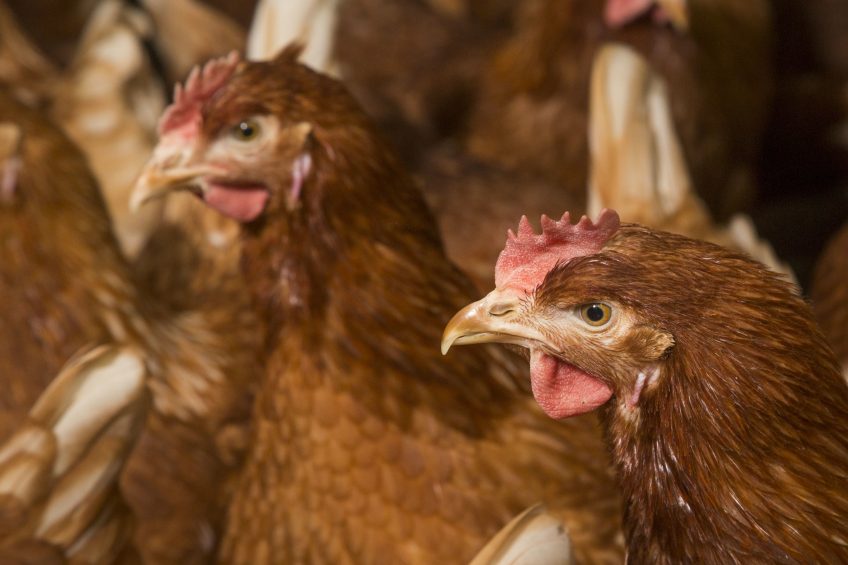IEC: New avian influenza vaccination document released

Advantages and constraints of an avian influenza vaccination programme are highlighted in the International Egg Commission’s newly launched paper.
“Avian Influenza Vaccination – Considerations and Essential Components” has been developed by the IEC’s AI Expert Group and follows the launch in the autumn of its Practical Biosecurity Check List document.
The new paper highlights the intended purpose for vaccine usage including:
- Prevention of disease and/or infection
- Emergency management to reduce spread during an outbreak
- Maintaining food security in endemically infected areas
Vaccination will increase resistance to infection
The paper highlights the high exposure of poultry to HPAI circulating in wild birds in recent years. It says that use of vaccines against H5 and H7 HPAI may have unintended negative consequences on trade in genetic stocks and poultry products. Under optimal conditions, vaccination will increase resistance to infection, prevent illness and death, reduce virus replication and shedding from respiratory and alimentary tracts and reduce virus transmission to birds and mammals, including humans.
Vaccination as practiced in some developing countries with endemic HPAI allows continued food security in resource scarce situations. However, HPAI vaccination has been associated with complacency for implementation and maintenance of adequate surveillance and biosecurity and has slowed the momentum to move to an eradication strategy. As a result, as H5N1 and related viruses have become entrenched and outbreaks prolonged, field outbreaks have been reported in flocks that are well vaccinated with early classical H5 AI vaccines in Central America, Chinas, Egypt, Hong Kong, Indonesia and Vietnam.
These failures have been the result of failure of the vaccines or failure of administration to produce an immune response of the target species.
12 main vaccination programme addressed
Within the document, the Expert Group address 12 main vaccination programme components to consider for prevention and emergency management. These cover vaccine manufacture, testing in laboratories, the need to use antigenically relevant vaccine seed strains that match the field virus, the use of a targeted programme and proper administration.
And the 12 points also include the provision of adequate vaccination cover for the lifetime of the birds, surveys of vaccinated populations to find infected birds by virological and/or serological tests, a good biosecurity programme, ongoing review and evaluation and the provision of an exit strategy.
Join 31,000+ subscribers
Subscribe to our newsletter to stay updated about all the need-to-know content in the poultry sector, three times a week. Beheer
Beheer











 WP Admin
WP Admin  Bewerk bericht
Bewerk bericht